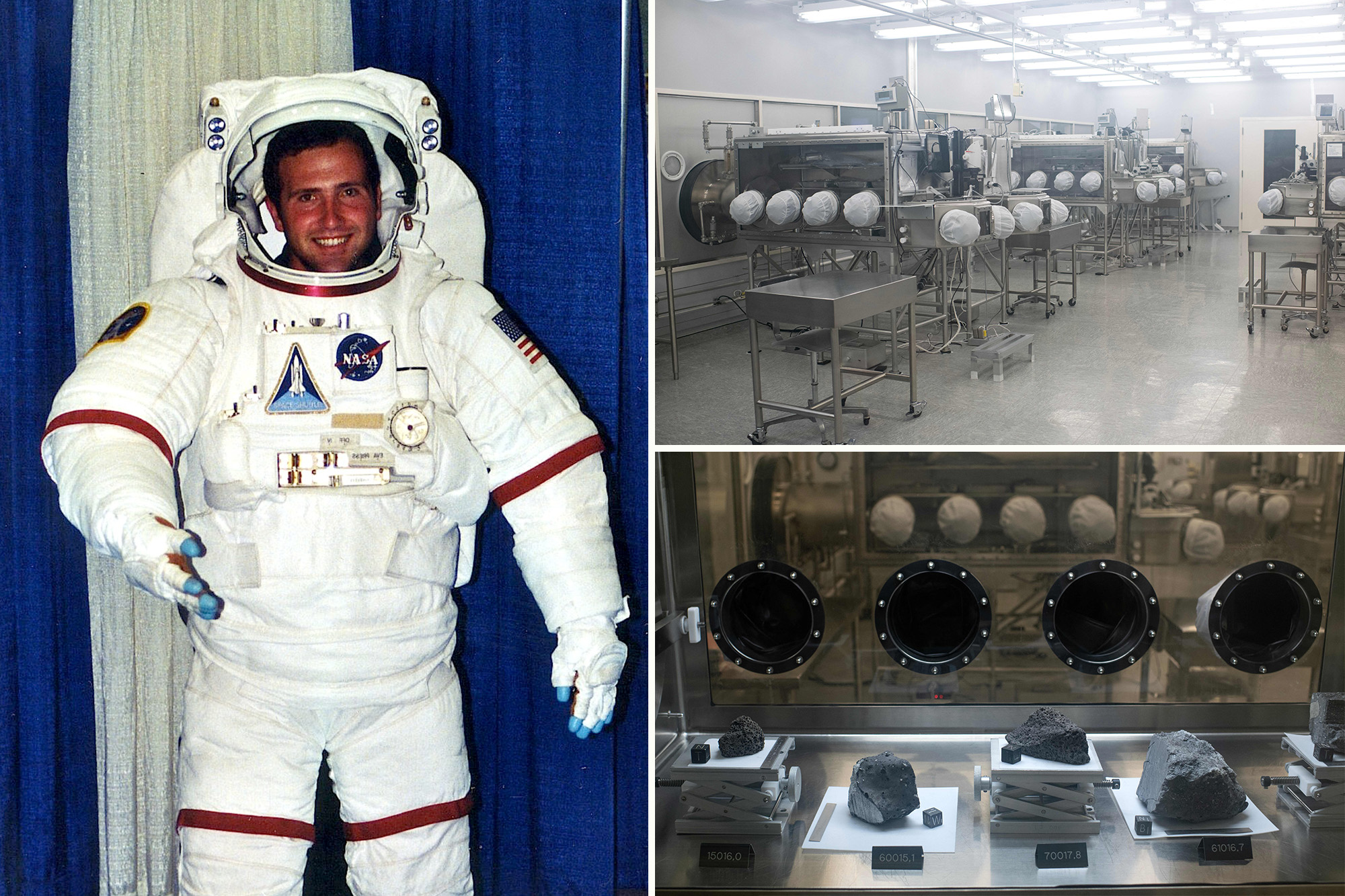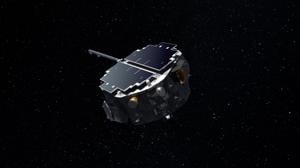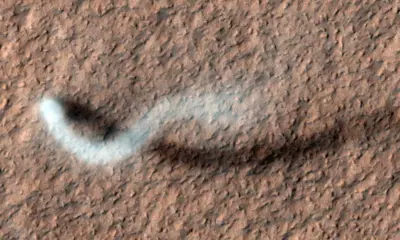Lifestyle
NASA Intern Steals $21 Million in Moon Rocks for Bizarre Scheme

A remarkable theft from NASA’s Johnson Space Center in Houston saw intern Thad Roberts orchestrate a scheme to steal moon rocks valued at approximately $21 million. This audacious plan, which included the theft of a meteorite and moon samples from every Apollo mission, unfolded more than 23 years ago and has since captured public interest for its unusual motivations.
Roberts, then a 24-year-old with a triple major in physics, geology, and geophysics at the University of Utah, faced significant financial pressures. Supporting his wife while studying, he sought a way to alleviate his financial woes by selling the stolen moon rocks. He collaborated with a friend, Gordon McWhorter, to connect with a potential buyer in Belgium, who offered between $1,000 and $5,000 per gram. This promising opportunity quickly turned sour when the buyer alerted the FBI, who began monitoring the situation.
During this time, Roberts met Tiffany Fowler, a fellow NASA intern involved in stem cell research. Their relationship blossomed, and after just three weeks, they moved in together. When Roberts disclosed his plan, Fowler agreed to assist him. Together with another intern, Shae Saur, the trio used their NASA IDs to gain access to the secure facility, successfully stealing a safe containing the moon rocks.
On July 20, 2002, coinciding with the 33rd anniversary of the first moon landing, Roberts and Fowler drove to Orlando to meet the Belgian buyer’s family members. In an unusual twist, Roberts placed moon rocks under the bed covers at their hotel, claiming they had “sex on the moon.” Reflecting on the incident in a 2012 interview with CBS News, he stated, “It was more about the symbol of what we were doing… It was about the expression. And no one had ever had sex on the moon before.”
Their rendezvous took a dramatic turn when undercover FBI agents arrested them instead of buyers. The authorities recovered the moon rocks from their hotel room, but the FBI noted that they were “virtually useless to the scientific community” and that the act of theft had destroyed three decades of handwritten research notes belonging to a NASA scientist.
Following his arrest, Roberts confessed to also stealing dinosaur bones and fossils from the Natural History Museum in Salt Lake City. When questioned about his motives, he expressed that he did not view the act as theft, stating, “We weren’t going to take this money… to go buy a yacht or lots of cars… We were gonna live just the small kind of lifestyle we were, but fund science that might change the world.”
Ultimately, Roberts, Fowler, and Saur pleaded guilty to conspiracy to commit theft and interstate transportation of stolen property. Roberts received an eight-year federal prison sentence, serving six years. Fowler and Saur were sentenced to 180 days of house arrest and 150 hours of community service. McWhorter, who was convicted at trial, faced a six-year prison term. After the incident, Roberts and Fowler did not maintain contact, marking a dramatic end to both their relationship and an extraordinary criminal endeavor.
-

 Technology5 months ago
Technology5 months agoDiscover the Top 10 Calorie Counting Apps of 2025
-

 Health2 months ago
Health2 months agoBella Hadid Shares Health Update After Treatment for Lyme Disease
-

 Health3 months ago
Health3 months agoErin Bates Shares Recovery Update Following Sepsis Complications
-

 Technology4 months ago
Technology4 months agoDiscover How to Reverse Image Search Using ChatGPT Effortlessly
-

 Technology1 month ago
Technology1 month agoDiscover 2025’s Top GPUs for Exceptional 4K Gaming Performance
-

 Technology2 months ago
Technology2 months agoElectric Moto Influencer Surronster Arrested in Tijuana
-

 Technology5 months ago
Technology5 months agoMeta Initiates $60B AI Data Center Expansion, Starting in Ohio
-

 Technology5 months ago
Technology5 months agoRecovering a Suspended TikTok Account: A Step-by-Step Guide
-

 Health4 months ago
Health4 months agoTested: Rab Firewall Mountain Jacket Survives Harsh Conditions
-

 Lifestyle5 months ago
Lifestyle5 months agoBelton Family Reunites After Daughter Survives Hill Country Floods
-

 Technology4 months ago
Technology4 months agoHarmonic Launches AI Chatbot App to Transform Mathematical Reasoning
-

 Technology3 months ago
Technology3 months agoUncovering the Top Five Most Challenging Motorcycles to Ride





















